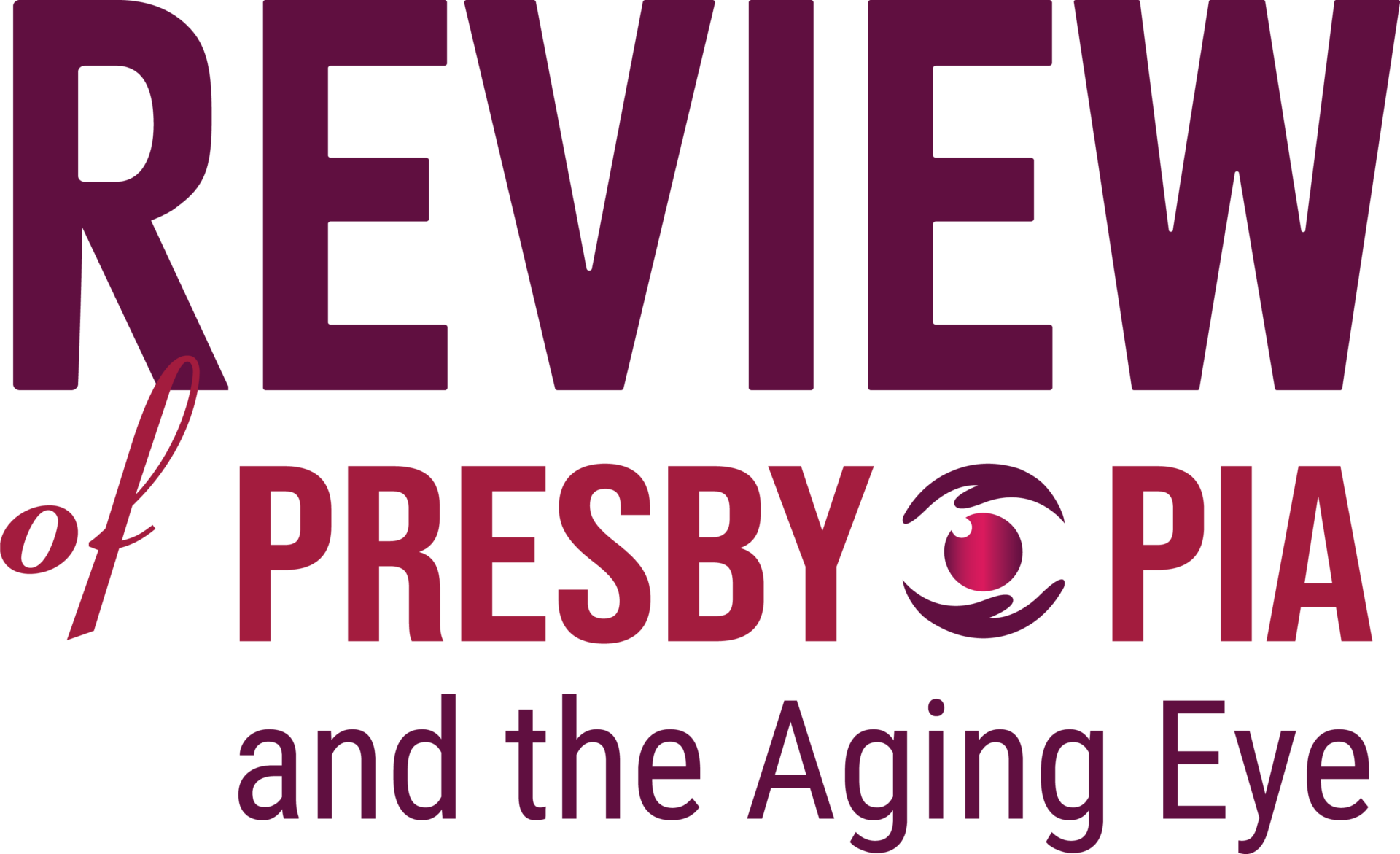May 22, 2023
As we all know, the internet is full of information, and disinformation about many topics including eye health and vision. Many patients come to our offices for advice expecting to hear about some new procedures they’ve read about online or heard about from friends and family.
There are numerous websites with headlines such as this one, “Shockingly Obvious Treatment Immediately Relieves Vision Loss — Try Tonight.” On this site, Daniel J. Ford, MD, and fact-checker Kerry D. Ballard prompt readers to go directly to a video posted on July 18, 2022. The author promises to cure vision loss, macular degeneration, cataracts, glaucoma, and more — once and for all! He discusses peripheral vision loss and said people will regain 20/20 vision. These statements alone demonstrate that he is not a vision care specialist. The author also talks about the corrupt underbelly of the vision-loss industry. He claims to have faced optic nerve removal (no such procedure exists) and said he was able to escape surgery. The discussion then moves to nutraceutical supplements, which they are more than eager to sell. The author even promises people that they’ll live into their 90s and points to 89,8763 success stories.
Sites such as these illustrate why having frank discussions with patients and answering their questions are so important. It’s the best way to educate and prevent people from wasting money on scientifically untested or phony procedures. I personally recommend ending each patient visit with the following statement, “Do you have any other questions for me today?”
False Accusations
Unfortunately, the aforementioned author had much more to offer on the site. For instance, in the video, a person who claimed to have been nearsighted since age 9 said he was able to totally discard his glasses. Another with partial vision loss was told that his MRI showed a minor stroke and the problem was irreversible. In yet another segment, a 55-year-old patient was diagnosed with macular degeneration by an ophthalmologist and prescribed surgery. He accused Big Pharma of playing nasty Russian roulette.
As I continued to watch to the video, I became suspicious about the diet/food plan or vitamins for sale, as is often the case. I went to another site to learn more about the product and the following message appeared, “This site is no longer in service or has been disabled due to a terms of service violation.” Of course, for many consumers the damage has already been done because they watched the video and never went to the trouble of checking the validity of the products advertised.
An online search for products to improve vision uncovers a large array of merchandise for consumers. A paperback book titled “Improve Your Eyesight Naturally: See Results Quickly” is available for $27.95. The author, Leo Angart, gives advice on how to improve your eyesight by literally exercising your ability to see and without the need for surgery of any kind. He offers instructions on how you can tone your eye muscles, release tension, and build up energy in order to regain your natural eyesight. He claims effectiveness for nearsightedness, astigmatism, presbyopia, eye coordination, anisometropia, amblyopia, and even strabismus.
Ineffective Presbyopia Cures
Another treatise by the same author is titled “Read Again Without Glasses” that specifically concentrates on curing presbyopia. The author states that “the four main principles in vision training are belief and emotions, physical training of the eye muscles, relaxation, and energy flow. Other books are available including, “How to Improve Eyesight Naturally: Say “NO” To a Lifetime of Glasses” by Ted Maser. This author states, “Unfortunately, nowadays, optometrists jump at the opportunity to prescribe lenses to people at the slightest sign of deteriorating vision — to adults and children alike. Minus any obvious medical or surgical problems, they don’t question WHY your vision has deteriorated, they don’t look for the root cause, they do nothing to try and repair your vision, and forget that, they don’t even do anything to prevent any further deterioration in your vision. The main reason behind this is MONEY. The optometry industry in the U.S. was worth $17.8 billion dollars in the year 2020. There’s big money in prescribing you eyeglasses, or better, a monthly subscription of contact lenses for the rest of your life. There’s no money to be had from doing something that might improve your vision without lenses.”
It’s not hard to imagine how many consumers/patients have wasted tons of money on these books and, more important, delayed critical vision care to sometimes a point of no return.
An article on timesofindia.com1 offers this advice for improving your eyesight in one month. “Start by closing your eyes for two seconds, then open and blink rapidly for five seconds. Repeat five to seven times.”
Avoid these online charlatans, and get your advice from professional optometrists. For example, early presbyopes often suffer from computer vision syndrome sooner than younger computer users. The 20-20-20 rule is offered by many as a method to seek relief from the near point stress. When working on the computer for more than 20 minutes users are told to take a vision break and look away from the screen for at least 20 seconds, focusing on something that is at least 20 feet away from you. Dr. Marlene Susumi, a Spokane, Wash., optometrist, often tells her computer user patients of any age to use this technique, and in fact, she often employs it herself. She agrees with the general notion of resting accommodation from time to time as a way of relaxing and relieving stress.
In closing, I advise every practitioner to be aware of the information available to patients, especially presbyopes, and be ready to set the story straight. You can save your patients money and grief and be respected for the expert that you are.
Reference
1 5 ways to improve your eyesight naturally. Times of India





